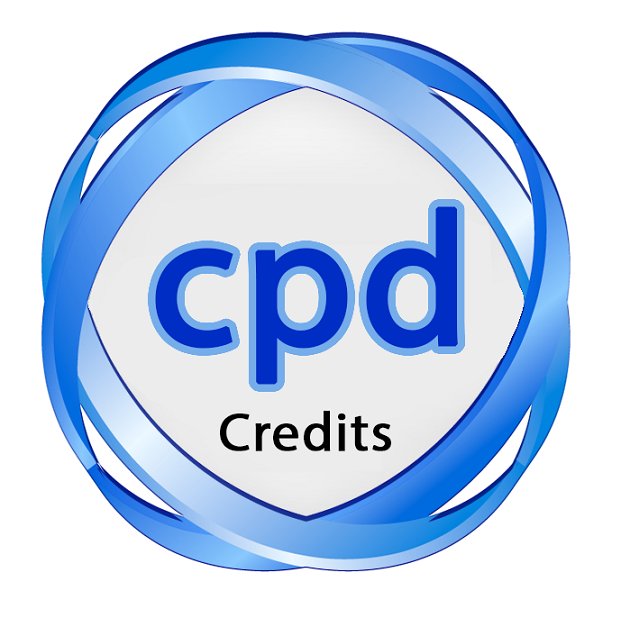
M Bonucci
University of Chieti, Italy
Title: Artoi nutritional approach in the hematological patient: Is there a rationale
Biography
Biography: M Bonucci
Abstract
Introduction: In the last years, it is emerging more and more convincingly the evidence that nutritional manipulation in oncological patients may have a therapeutic benefit. The principles which it is based on are as follows:
- Reducing sugar intake and growth factors (ex IGF1) to tumor cells
- Reducing the inflammatory pattern and the favorable ground to the development of the tumor cells
- Using foods with a proved antitumor protection because of their content of specific phytochemicals
Discussion: 1) The validity of the PET also in lymphomas and myelomas as well as the evidence of the glucose captation in bone marrow cells gives us that the reduction of sugar intake has a strong reason. Also, the role of IGF1 confirms that a reduced level of growth factors is important in this setting in the development of multiple myeloma cells. High levels of IGF1 are connected to an excessive intake of meat, cow cheese, and sugars, the last one through the action of insulin, which is a real growth factor for myeloma cells. In chronic lymphocytic leukemia, IGF1 is seen as a negative prognostic factor. (2) Reducing inflammation: in fact, many drugs used in hematology act on inflammatory pathways (ex Bortezomib). Therefore, it is of great relevance to eliminate foods well known as biomarkers of inflammation (C reactive protein and others) such as red meat and at the same time increasing those with proved anti-inflammatory power. Interference with NFkB, Bortezomib main function, is also documented for many substances such as turmeric that should be taken into account as useful therapeutic tools. (3) Activating a direct anticancer action: many substances studied for their cytostatic effects on hematological neoplastic cells, come from vegetable foods such as curcumin, epigallocatechin-3-gallate, and resveratrol.
Conclusions: It seems reasonable to use these substances in the patient’s diet to get at least an anti-inflammation response; for a real and effective anticancer action, we should make use of concentrated extracts following a specific therapeutic protocol.

